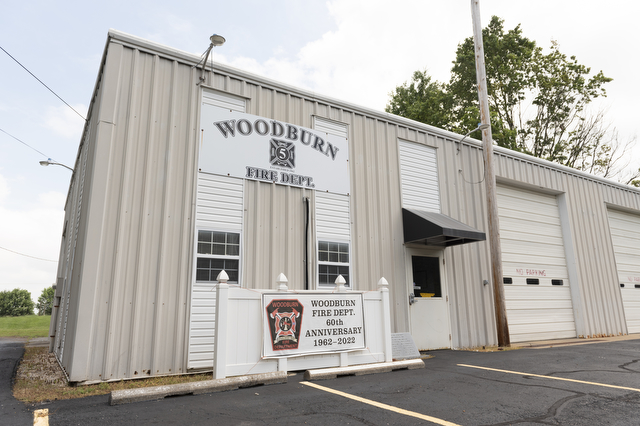School safety official urges parents to step up
Published 8:00 am Thursday, March 8, 2018
With schools under greater pressure to tighten security, one school safety official is concerned they may not be getting enough credit for what they already do to protect students.
“A bunch of non-educators have all the answers to school safety,” said Jon Akers, executive director of the Kentucky Center for School Safety.
Akers spoke to regional superintendents Wednesday during a meeting of the Green River Regional Educational Cooperative. Akers discussed the limits and problems with proposed security changes, including arming school staff and adding metal detectors to schools.
“You all are educators and you’re being hit with people trying to tell you what to do,” Akers said, adding he thinks current safety efforts are adequate. “I don’t think we need to do anything in addition to anything. You’ve got emergency operating plans. You practice your drills. Your teachers are ramped up on these things.”
Instead, Akers said, “we need to empower parents to be parents instead of best friends.”
Akers said there have been close to 200 school threats across Kentucky following recent high-profile shootings at Marshall County High School in Benton and Marjory Stoneman Douglas High School in Parkland, Fla. A total of 19 people were killed between the two shootings.
Most of the school threats across Kentucky have been communicated electronically, he said.
“Where are the parents?” Akers asked. “They pay for these phones … but yet they’re not monitoring them.”
The wave of threats is taking a toll on school districts as they navigate verifying and responding to threats without violating federal student privacy laws, Akers said.
“Parents, you need to help us,” he said. “Teach (students) right from wrong.”
Akers also pushed back on some of the security changes communities have proposed.
When it comes to adding metal detectors to schools, Akers described them as little more than “window dressing” for improving school safety. He said it hasn’t be proven by law enforcement to be effective and that schools have many entrances that don’t work well with metal detector screenings.
“It’s not like TSA at the airport where you have one in and one out,” he said.
As for arming teachers, Akers said he “adamantly” opposes that approach.
Akers said he’s refused to meet with a group called Protecting Our Students and Teachers, despite a request from Gov. Matt Bevin’s office. The group’s website proposes allowing school staff to carry concealed weapons after passing a background check and a training process.
“When I hear what they want to have happen, it’s ridiculous, and again they’re not educators,” he said.
Akers said it would be high unlikely for ordinary school employees to get a level of training where they could take down an active shooter.
Although he’s open to working with retired police officers, Akers was also hesitant about including retired military personnel because of post-traumatic stress disorder.
“You need to realize that school safety is a comprehensive approach,” he said.
Instead, schools should focus on practicing drills and cultivating relationships with students who will report warning signs.
When he took questions from the superintendents, Akers encouraged them to continue working with local law enforcement. If students are exposed during fire drills, for example, he recommended working with local fire departments on safety precautions.
Should an active shooter enter a school, Akers recommended teachers barricade classroom doors because shooters want to move quickly. Students locked out of classrooms should be taught to run, hide or fight and how to make those decisions when confronted with an intruder situation, he said.
When asked about adding safety devices that secure classroom doors, Akers encouraged school districts not to waste their money on companies only looking to make a profit.
Overall, Akers said schools should be empowered to protect students and that parents should help by modeling appropriate behavior for their children.
“Let us, the educators, determine what we need to do in our schools,” Akers said.
In an interview Thursday afternoon, Superintendent Bo Matthews of Barren County Schools said he agrees with several of the points Akers made, adding that difficult problems require teamwork to solve.
When it comes to arming teachers, Matthews said stakeholders in his community oppose and support that approach in equal numbers. However, he believes the district would be best served by allowing law enforcement to respond in emergency situations rather than teachers. He’s said arming teachers wouldn’t be the best course of action for his school district.





